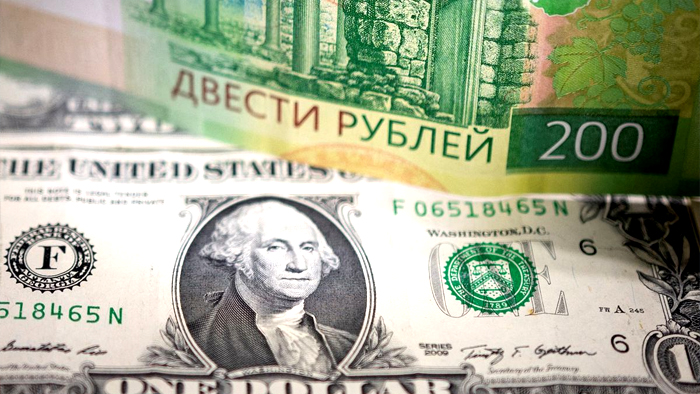The Russian wealth fund’s permitted share of the Chinese yuan doubled to 60%, according to the finance minister.

The maximum percentage of Chinese yuan allowed in Russia’s National Wealth Fund (NWF) has been doubled to 60%, according to the country’s finance ministry, as it restructures its emergency fund to lessen reliance on currencies from ostensibly “unfriendly” countries.
According to the ministry, the authorised percentage of gold in the NWF would also double, to 40%. In addition, it stated that the balances in the British pound and Japanese yen had been zeroed out.
Russia has been funding its growing budget deficit this year with its NWF, which had a value of $186.5 billion as of December 1.
Related: Russian gas exports to Europe via pipelines have reached a post-Soviet low.
The Russian Finance Ministry issued a statement saying that it was “continuing its consistent reduction of the share of currencies of “unfriendly” states in the structure of the National Wealth Fund’s assets.”
Russia has retaliated with measures against any nation that has imposed sanctions on it as a result of its actions in Ukraine, deeming such nations to be “unfriendly.”
After the West forbade Russia’s central bank from transacting in dollars, euros, and pounds and put a freeze on about half of its foreign reserves, or $300 billion, Moscow stepped up a campaign to convert its sizeable holdings into more tradeable currencies.
The country’s finance minister, Anton Siluanov, predicted that the trend would continue in the coming year when it might resume business operations under its budget rule, which allows for the saving of a portion of oil and gas sales profits in foreign currencies.
Siluanov stated earlier this week that “we have always replenished the NWF in foreign currency to hedge exchange rate risks.”
“The yuan has the most qualities of a reserve currency among the currencies of “friendly” nations, as well as enough liquidity on our domestic foreign exchange market,” he continued.
Related: As the volatile year-end trade goes on, the Russian rouble falls again.
Yuan-rouble trading volumes will surpass dollar-rouble trading volumes next year, according to the Moscow Exchange, the biggest stock exchange in Russia, as financial ties between Moscow and Beijing continue to strengthen.





